How do heat pumps keep your home warm on a cold night in Christchurch? Ok... so it's not really a secret.
Very simply, heat pumps move heat from one place to another. If you go to your kitchen and put your hand near the back of your fridge, you’ll feel heat rising off it. Believe it or not, that heat is coming out of the inside of your fridge. When you set your heat pump to air conditioning mode, it’s pretty much the same technology at work. When you want a warmer home, heat pumps simply reverse the process of the vapour compression cycle.
Very simply, heat pumps move heat from one place to another. If you go to your kitchen and put your hand near the back of your fridge, you’ll feel heat rising off it. Believe it or not, that heat is coming out of the inside of your fridge. When you set your heat pump to air conditioning mode, it’s pretty much the same technology at work. When you want a warmer home, heat pumps simply reverse the process of the vapour compression cycle.
Here’s how heat pumps work. Your indoor heat pump unit is connected to an outdoor unit, and inside each unit is a large coil of metal. When winter hits Christchurch and you want to heat your home, the compressor in your outdoor unit absorbs warmth from the air drawing it through the evaporator coil. The fan inside the outdoor unit transfers that heat energy inside your home, through the condenser coil in your indoor heat pump unit.
Heat Pumps on Heating Mode
Even though it feels cold outside, there is still heat in the air. As Christchurch’s temperature drops, your heat pump has to work harder to absorb and transfer the same amount of heat to keep your home warm. Because of this, some older models of heat pumps will stop working when the temperature drops too low. Newer Mitsubishi and Fujitsu heat pumps will keep effectively heating your home with no drop in performance, even when temperatures reach -15 degrees Celcius! Now that’s cold!
Heat Pump on Cooling Mode
How heat pumps actually work is relatively simple, but very technical to explain, and most people are happy knowing that it’s using the same technology as your fridge but in reverse. To really understand how heat pumps work, we need to learn about the vapour compression cycle.
Fundamentals of How Heat Pumps Work.
These are the foundations we must grasp in order to understand how heat pumps work.
1) Heat can only travel from high temperatures (the source) to low temperatures (the sink). If it helps, try thinking of the weather map on the news with the high and low pressure groups moving around New Zealand.
2) If there is no difference in temperature between the source and the sink, then heat cannot move around.
3) Because heat pumps are vacuum sealed when installed, everything inside the heat pump is a ‘closed system.’ That means the amount of gas inside the coils and piping isn’t going to change.
4) Because the heat pump’s system is ‘closed,’ the amount of fluid will also stay exactly the same. Just like your fridge, your heat pump contains some refrigerant fluid, which plays an important part in this process.
Fundamental rules 3 and 4 help keep things simple. When scientists want to work out how something changes from one state to another, like water evaporating into steam or freezing to become ice, they use the thermodynamic equation: PV = nRT. P = Pressure, V = Volume, n = the number of moles of gas (basically how you measure the amount of gas), R = the universal gas constant, and T = the Temperature.
1) Heat can only travel from high temperatures (the source) to low temperatures (the sink). If it helps, try thinking of the weather map on the news with the high and low pressure groups moving around New Zealand.
2) If there is no difference in temperature between the source and the sink, then heat cannot move around.
3) Because heat pumps are vacuum sealed when installed, everything inside the heat pump is a ‘closed system.’ That means the amount of gas inside the coils and piping isn’t going to change.
4) Because the heat pump’s system is ‘closed,’ the amount of fluid will also stay exactly the same. Just like your fridge, your heat pump contains some refrigerant fluid, which plays an important part in this process.
Fundamental rules 3 and 4 help keep things simple. When scientists want to work out how something changes from one state to another, like water evaporating into steam or freezing to become ice, they use the thermodynamic equation: PV = nRT. P = Pressure, V = Volume, n = the number of moles of gas (basically how you measure the amount of gas), R = the universal gas constant, and T = the Temperature.
If you’re still reading after all of that, rules 3 & 4 mean we can forget about V, n, and R because the ‘closed system’ stops them from changing. The only parts which change are Pressure and Temperature, and they are directly related on opposite sides of that equation by the ‘closed system’ of the heat pump. Very simply, when the pressure increases, so does the temperature.
This is the key to understanding how a heat pump works. Changing the pressure of a fluid will change its temperature.
Step 1) The fluid inside a heat pump is refrigerant, which is colder than the heat source. Because heat only travels from high to low temperatures, it moves to the refrigerant which evaporates.
Step 2) The vapour moves to the heat pump’s compressor, and increasing the pressure on the vapour also increases its temperature
Step 3) The hot, vaporised heat pump fluid moves to the condenser, where it meets the air to be heated. Inside the condenser, the heat pump refrigerant vapour turns back to liquid as it warms up the air.
Step 4) As a liquid, the heat pump refrigerant flows through the expansion valve, dropping the pressure and temperature, where it returns to the evaporator to begin the process over again.
This is the key to understanding how a heat pump works. Changing the pressure of a fluid will change its temperature.
Step 1) The fluid inside a heat pump is refrigerant, which is colder than the heat source. Because heat only travels from high to low temperatures, it moves to the refrigerant which evaporates.
Step 2) The vapour moves to the heat pump’s compressor, and increasing the pressure on the vapour also increases its temperature
Step 3) The hot, vaporised heat pump fluid moves to the condenser, where it meets the air to be heated. Inside the condenser, the heat pump refrigerant vapour turns back to liquid as it warms up the air.
Step 4) As a liquid, the heat pump refrigerant flows through the expansion valve, dropping the pressure and temperature, where it returns to the evaporator to begin the process over again.
Heat Pumps Can Heat and Cool
With the push of a button, this system works in reverse to air condition your home, removing the heat from inside and transferring it outside.
Most electric heaters convert electricity into heat using an element, like the one on top of your stove. This conversion process uses a huge amount of energy, which pushes your power bill through the roof. In comparison, heat pumps only need a small amount of electricity to run the compressor, and the fan to move the air around. The way heat pumps work is very energy efficient, only using a small amount of electricity that helps to keep your power bill down.
To find out which heat pump is right for your home, and to check out the wide range of heat pumps we can supply you with, have a look at our Heating Solutions.
Most electric heaters convert electricity into heat using an element, like the one on top of your stove. This conversion process uses a huge amount of energy, which pushes your power bill through the roof. In comparison, heat pumps only need a small amount of electricity to run the compressor, and the fan to move the air around. The way heat pumps work is very energy efficient, only using a small amount of electricity that helps to keep your power bill down.
To find out which heat pump is right for your home, and to check out the wide range of heat pumps we can supply you with, have a look at our Heating Solutions.

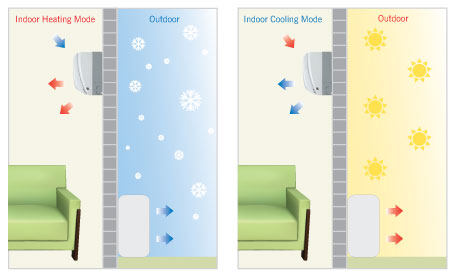
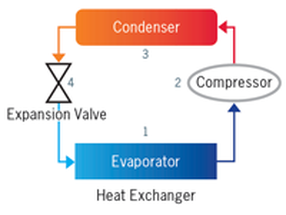
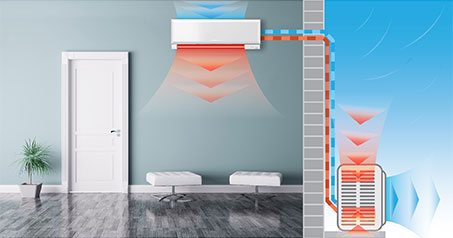
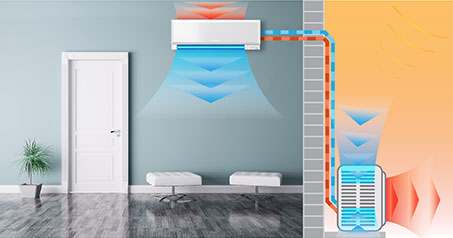
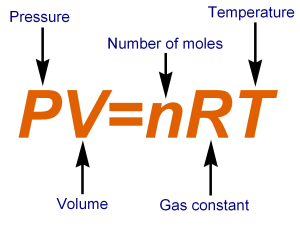
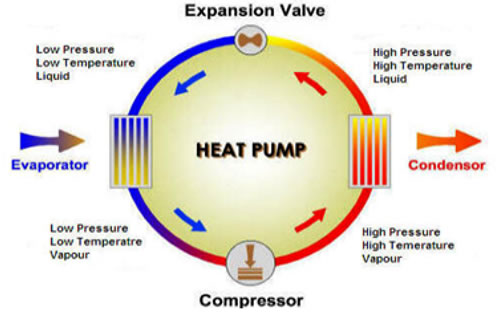
 RSS Feed
RSS Feed